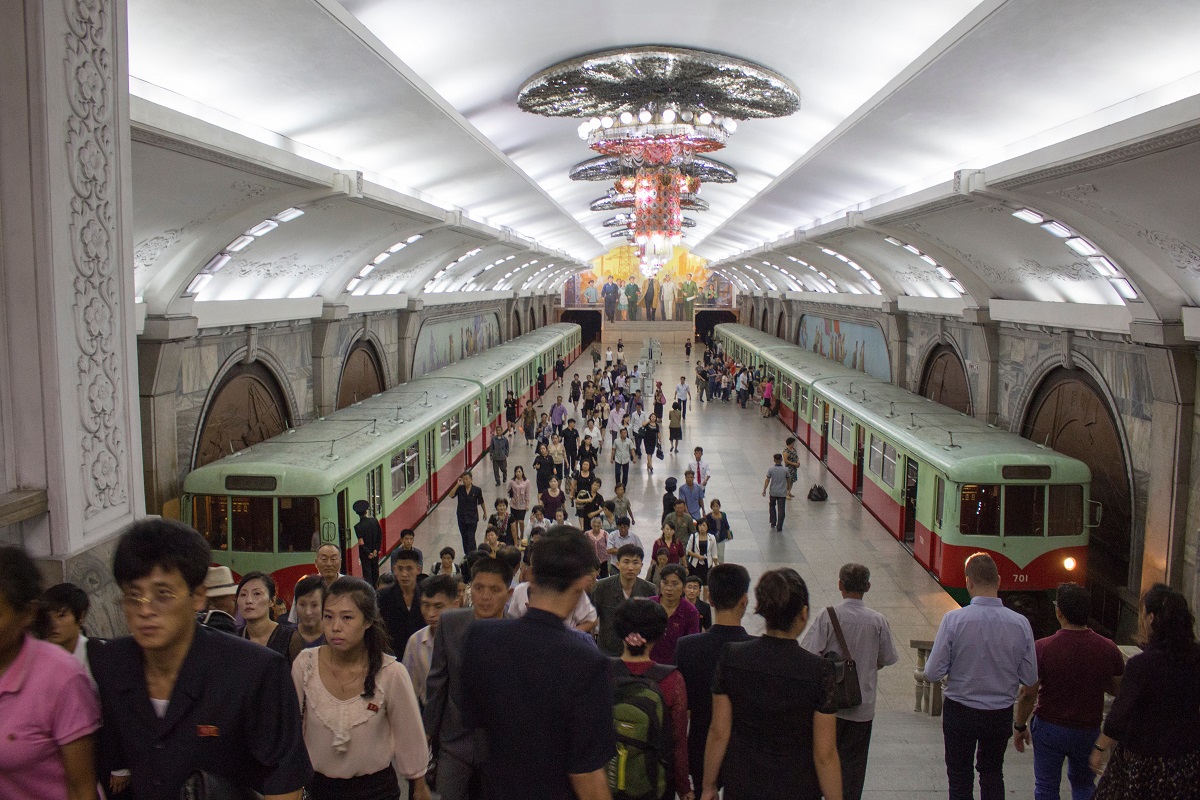A 70-year-long escape from Pyongyang to Seoul
The northern route via China to Seoul via Mongolia or Southeast Asia has been the only possibility for thousands of asylum seekers. Since the late 1990s, 33,000 have managed to reach South Korea. But the pandemic has tightened the net. And tens of thousands of North Koreans on Chinese territory fear that the reopening of the borders with Beijing is the antechamber to repatriation.
Milan (AsiaNews) - The phenomenon of migration between the two Koreas has characterised the history of the peninsula ever since its division, the 70th anniversary of which will be celebrated on 27th July next.
However, it is since the 1990s that migration from North to South has experienced its turnaround, taking on the humanitarian connotation that it has today. North Korea survived the collapse of the Soviet Union and the collapse of the communist bloc, but the consequences for the country proved devastating.
Massive deforestation, a consequence of the need to speed up both the process of industrialisation and the creation of new arable land, has left the country in a deeply vulnerable state.
North Koreans who have decided to leave their country since the 1990s have done so for humanitarian, hunger-related reasons, in search of better economic conditions and with the hope of escaping political persecution.
According to the South Korean Ministry of Reunification, between 1998 and 2023, more than 33,000 North Koreans managed to arrive in South Korea.
Migrating from North to South presents countless risks. The strict freedom of movement laws in force in North Korea make unauthorised travel, both domestic and international, illegal, thus necessitating the involvement of escape 'intermediaries' who often charge very high fees - up to ,000 - increasing the risk of falling into the hands of human traffickers.
Among the victims are mainly women and girls in search of a better economic status, who often fall victim to human trafficking linked mainly to the sex industry.
Some of the risks associated with leaving the country increased during the pandemic. According to a recent Reuters investigation, the northern route out of the country is now compromised.
The North Korean government has allegedly exploited the pandemic to strengthen its control of the border with China, which, due to the impossibility of crossing the demilitarised zone at the 38th parallel and entering South Korea directly, had until now been the safest way to leave the North.
According to data from the Ministry of Reunification, only 67 North Koreans managed to reach the South in 2022, a small number compared to more than a thousand in 2019.
To the new border-crossing difficulties, the end of the pandemic adds a renewed fear: that of forced repatriations. After three years of lockdown, North Korea is reportedly planning to reopen its border, which had already been envisaged for June 2023.
The reopening plays a key role in refugee security because it would make forced repatriations from China possible again. Although North Koreans are granted refugee status internationally - facilitating their entry into South Korea, which recognises all Koreans on the peninsula as its citizens - in China those who leave the North do not enjoy this status.
Yet China is the first stop for those who want to flee Pyongyang: from Chinese territory, in fact, it is possible to reach both South East Asian countries and Mongolia, which generally send identified refugees to South Korea.
Because of agreements with North Korea, Beijing does not allow the UN refugee agency to exercise its mandate, opting for forced repatriation for those it identifies in its territory. And the risk of apprehension is now also increased by the use of articific intelligence for facial identification.
China does not release information on North Koreans on its territory, and refugees in the country live in hiding, without documents, without access to healthcare and vulnerable to human trafficking.
The clandestinity on the one hand and the lack of cooperation of the Beijing authorities on the other make it extremely complex to understand exactly how many North Koreans are in the country today.
However, according to some estimates shared by Radio Free Asia, there are at least 60,000 unregistered North Koreans residing in China today, at least 2,000 of whom are currently detained and at risk of repatriation.
12/02/2016 15:14
09/06/2023 13:35







.png)










